
This is a guest post by Ario Tamat. Ario worked in the digital music industry in Indonesia since 2003, and currently works in the movie and TV industry in Vietnam. Keep up with him on Twitter at @barijoe or his blog on http://barijoe.wordpress.com
Recently, Spotify announced that it will be expanding into Asia and appointing Dan Brody, an ex-Googler who has lived and worked in Asia for 10 years, as the General Manager for Asia-Pacific. Dan Brody himself, according to his LinkedIn profile, has held a number of high-level positions in China, the latest being CEO of the Koolanoo Group, which owns and operates several websites in China.
Spotify has enjoyed success in some EU countries, and has had a lot of success with its US launch, especially since the integration with Facebook. It enjoys partnerships with all four major labels, which are Universal Music Group International, EMI Music International, Warner Music Group and Sony Music Entertainment; and also partner with The Orchard and Merlin Networks, which are essentially aggregators for independent musicians and labels.
While the Facebook integration will surely be a boon for Spotify considering that Asia has 3 of the top 5 Facebook user countries in the world, the tricky thing is the music content itself, especially in Indonesia as the largest Facebook user country in Asia. Referring to the TechCrunch article, Dan Brody is already in Australia to talk to potential recruits, and looking to hire in Hong Kong, Singapore and Sydney. I’m just not sure that’s enough, especially if they want to capture Indonesia.
Australia, Singapore and Malaysia are markets with at least 60-70% market share of international music, especially music already obtained by Spotify through the major labels. Since currently new Spotify users must be on Facebook, markets like Indonesia, Vietnam and Thailand would be obvious candidates for expansion, with its own caveats, depending on how you look at it.
Indonesia’s music market is domestic repertoire, with a market share upwards of 80%, with similar market share proportions in Vietnam and Thailand. For any music service to be relevant in Indonesia, it needs to have repertoire from the major independents like Musica Studio’s and Aquarius Musikindo to name a few, outside of the tens of music labels and digital music companies which have sprouted the past few years – and the same case would apply for Vietnam and Thailand. So, these companies hold major sway in their own markets – to the point that the major labels, where present, have had to compete with their own local repertoire and not only depend on their international repertoire.
So, the tricky thing is, Spotify only works with the four major labels and 2 independent music aggregators, and does not do direct deals with other artists, labels or aggregators. If the major independent labels in Indonesia were to be required to follow Spotify’s suggestion to partner with Merlin Networks, it would not go down well will them, as they would prefer doing direct deals with any music service provider. But if Spotify were to reverse their position and allow for more direct deals, it would put them in a difficult position with existing partners, not to mention the other artists, labels or aggregators they turned down and directed to Merlin Networks. This is something Spotify will need to sort out very soon if they want to become relevant in Asia and compete with local music service companies. Spotify’s technology and consumer proposition is undoubtedly good, but it wouldn’t mean much without relevant repertoire.
So, without a clear strategy with domestic repertoire in the major Facebook user markets, sadly Spotify will become a nice-to-have novelty for many users, but will not deliver the growth numbers expected from such a wide user base. But my biggest hope is, Spotify’s entrance into Asian markets will spur local players to improve their game.

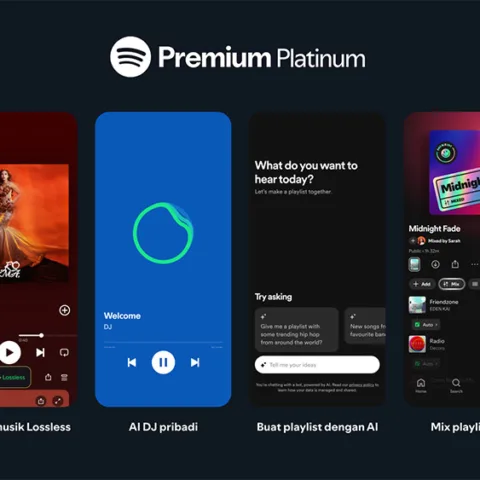
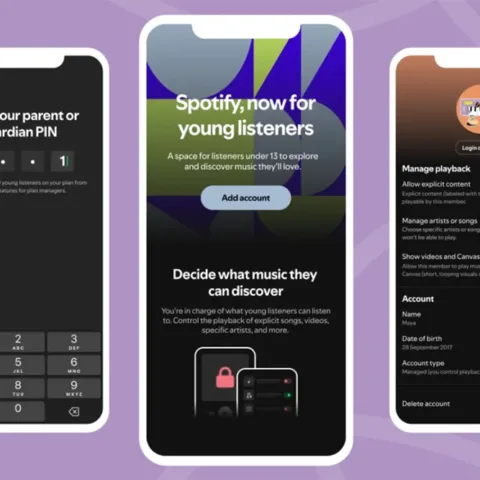
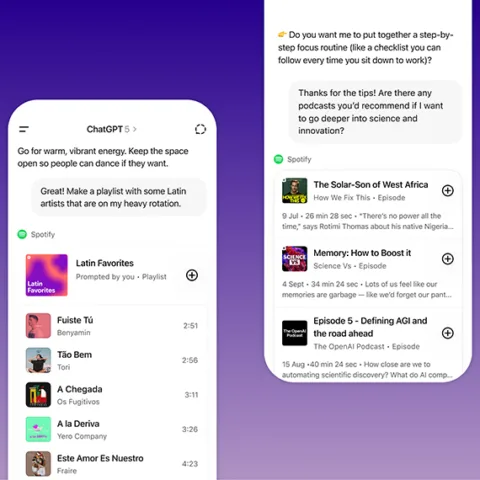


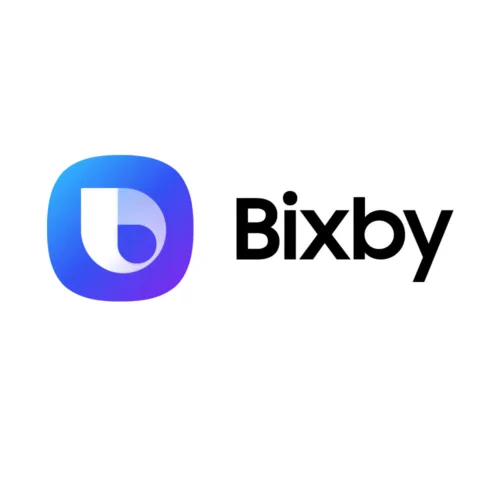
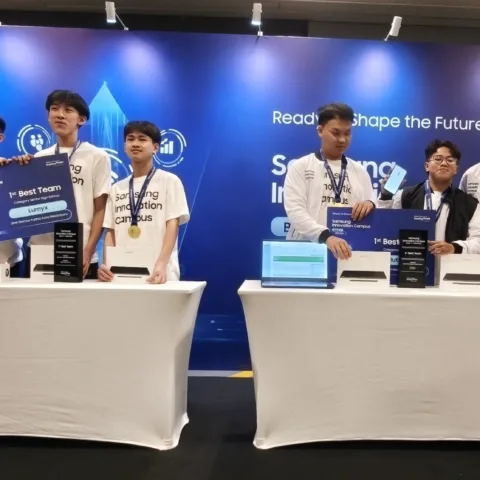

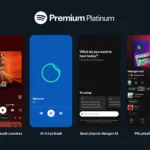
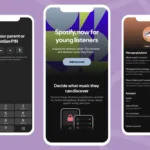
Good post, mr @barijoe 😀
Great article